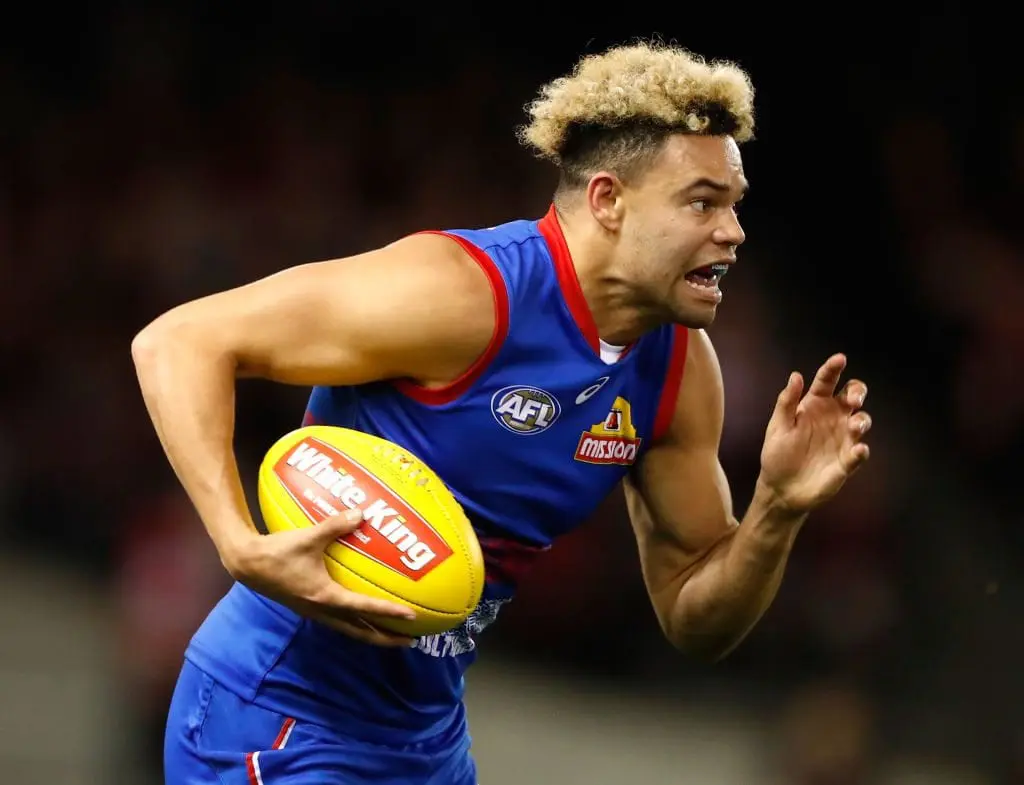The Australian Olympic Committee's incoming CEO, Mark Arbib, has all but announced a talent war with the AFL and NRL.
In the lead up to the 2032 Brisbane Olympics, Arbib has made clear his intentions to halt the trend of young athletes from Olympic sports transitioning to rugby and football.
When asked about his greatest challenge in taking on the role, Arbib highlights the immense popularity of rugby and football as his biggest hurdle, noting that their dominance will remain a significant threat to Australian Olympic success.
"I am a big fan of the NRL and a big fan of the AFL. I love those sports, but they are absolute commercial giants, they're juggernauts," he said.
"We need to ensure that we are on a playing field and that we are fighting for every dollar and for every athlete, because they are working very hard and they have been very successful in what they are doing.
"As a movement, as a sporting organisation, we need to fight hard. For me, that is one of the greatest challenges.
"We need to fight for talent... Brisbane (2032) is the best way for us to leverage that."
Arbib will begin his new role next month when the currently serving Matt Carroll's eight-year stint in the job ends next month.
The former Labour Party politician and trade unionist has served as Athletics Australia's president for six years up until 2021 and notched the top job at the AOC having already served on the executive committee since 2016.
The rise of women's participation in both codes has posed an additional threat to retaining talent, reinforcing Arbib's call to fight in stopping cross-sport poaching.
"This is not a declaration of war," he said.
"We'll work with them. Peter V'landys (NRL) and Andrew Dillon (AFL) are two people I admire, and they are hugely successful at what they do.
"They're expanding now. Their women's competitions are extremely successful, so we're competing for talent now in the women's sports space.
"What I don't want to see is that impacting upon our results."
Australian athletes at last year's Paris Olympics hauled in a record gold medal count of 18, with 19 silver and 16 bronze medals to go along with it.
Given the athleticism on display in every AFL match, Arbib might have cause for concern. Many players who followed the AFL pathway might have excelled in other sports, and with the right training, it isn't a crazy assumption that they could be world-class.
Most famously is the case of Geelong's Marc Blicavs who was a steeplechaser whose goal was to make the Olympic before being picked up by the Cats.
Blicavs has a personal best of 9:03.34 in the 3000m steeplechase, short of Olympic standard yet still quite impressive.
Additionally both Jason Johannisen and Dylan Moore have strong backgrounds in athletics. Moore notably was one of the best junior steeplechase athletes while growing up and later became a victor over the 1600 metre event at the Stawell Gift.
Johannisen was a strong junior sprinter, a skill which clearly carried over into his playing career at the Bulldogs. In the summer of 2015, one year before the speedy half-backer won the Norm Smith Medal for his impressive dash out of defence, he undertook some training with former Australian national 100m champion Josh Ross.
Australia clearly has many terrific athletes and Arbib is aiming to do everything in his power as CEO to bolster the talent heading into both Brisbane in 2032 and Los Angeles in 2028.
"We will do everything possible to try and raise more funds for our sports through philanthropy and through fundraising. Australians want a successful team," he said.

























